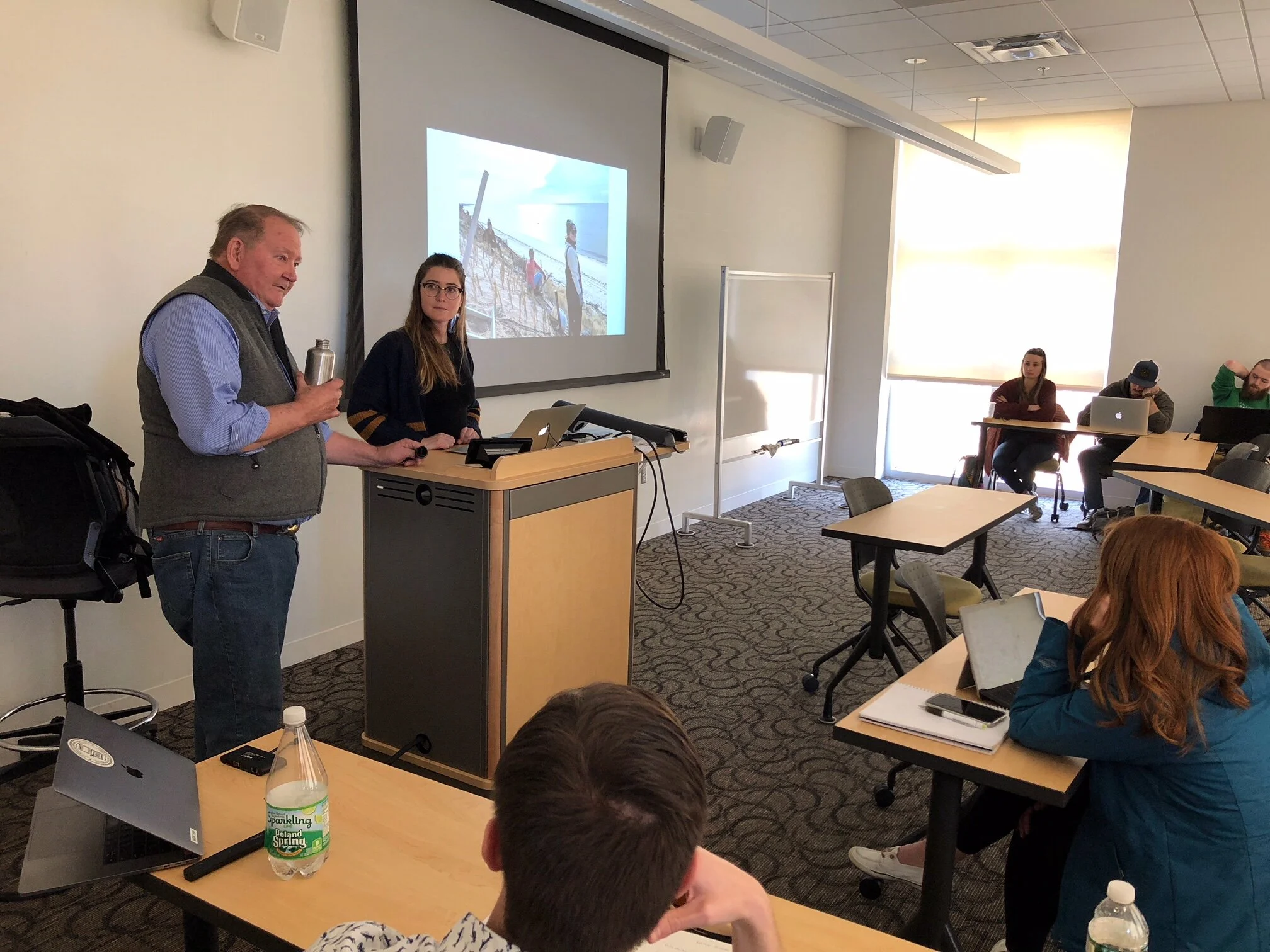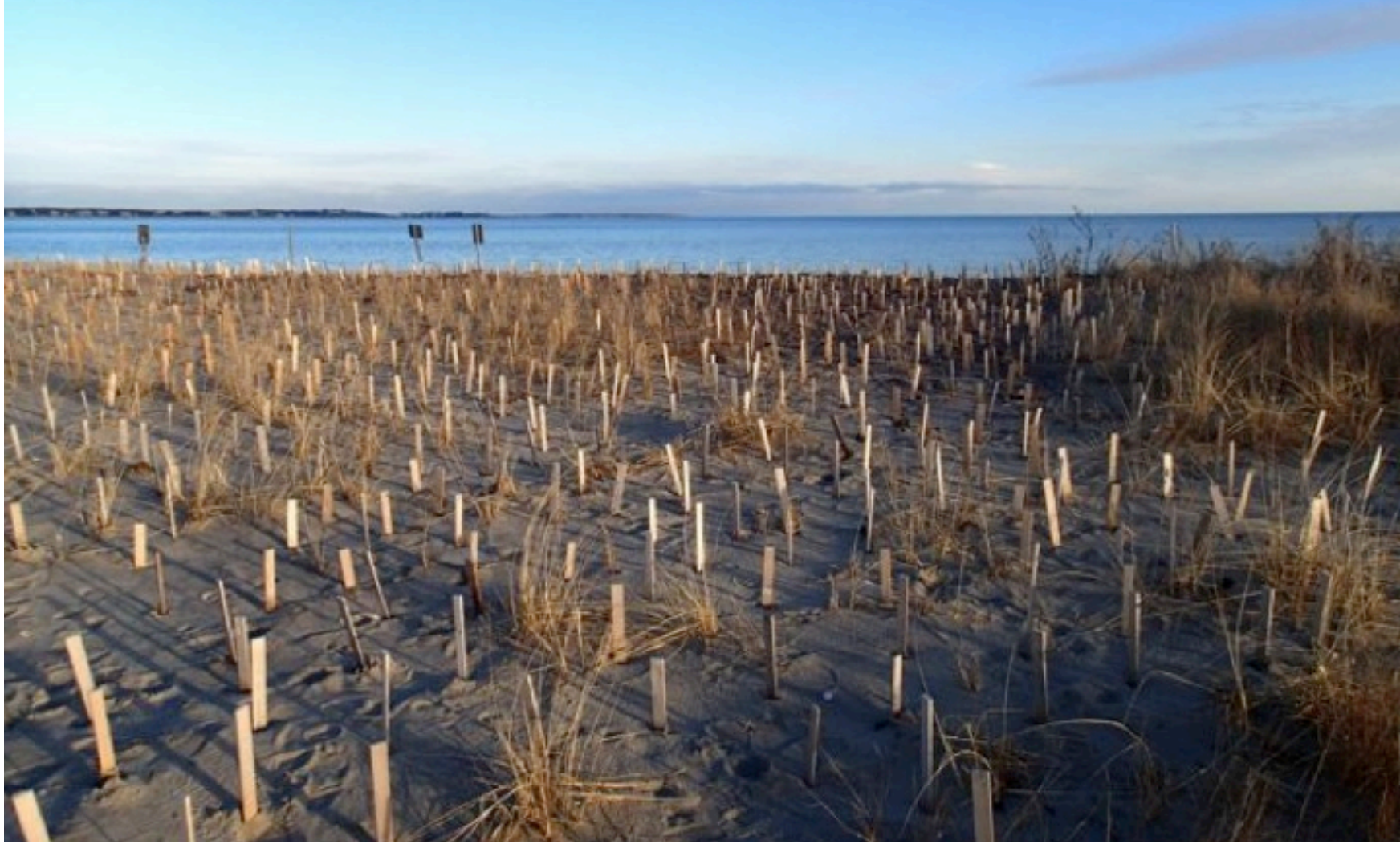Environmental Education
One of Safe Harbor’s core values is our commitment to environmental education. Our environmental education programs aim to distribute conservation knowledge to the entire public. Safe Harbor believes in involving local communities in the protection of their own coastal resources, and facilitating the opportunity to advance restoration efforts in financially restricted areas. All of our publications are freely accessible to the public, and our innovative coastal restoration systems have been made public domain. The above image shows Safe Harbor Director Gordon Peabody and Project Coordinator Kristyna Smith, with a class of graduate students at the University of Rhode Island. We try to include environmental education as part of every interaction we have. One simple principle we like to share is the core function of native habitats in transferring energy from carbohydrates into protein through the food web. We try to include basic systems with every project we take on.
Explore below for the different educational programs we offer, and available educational resources.
Educational Programs
Safe harbor offers free classroom programs at the high school and university level, as well as programs for conferences, municipal education, volunteer organizations in the Cape Cod area, and online. Each year we present up to 20 seminars in schools, colleges and communities.
University Programs
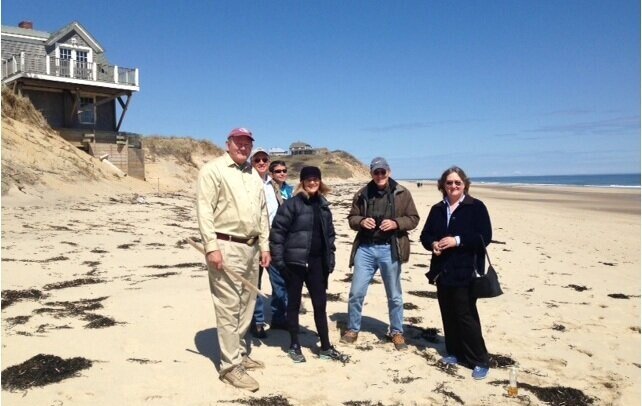
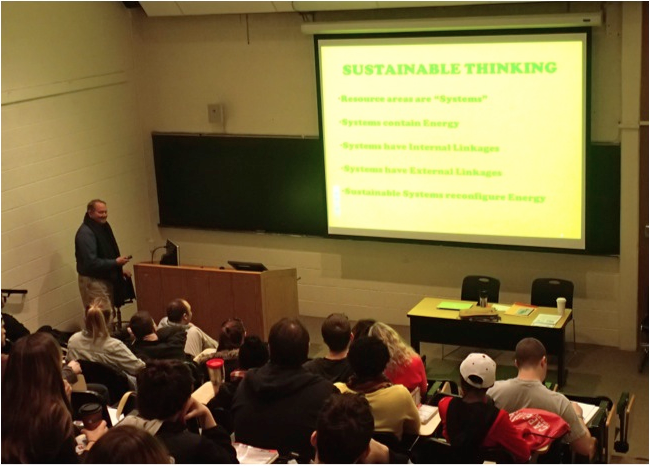
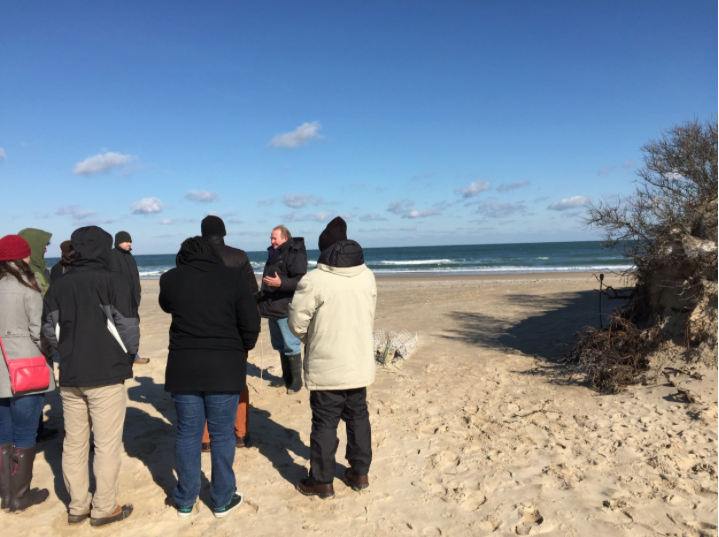
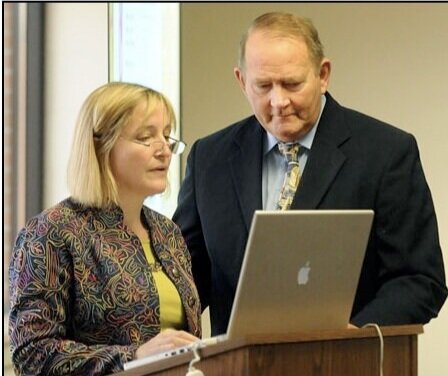
+ Learn More
We offer presetations and field excursions at the University level. These programs aim to help develop innovative environmental thinkers and critical decision makers of the future. One environmental-thinking tool we explore is "double loop learning", a core problem-solving tool. This focuses our attention on not only the symptoms of environmental problems, but the causes.
Featured University Program
High School Programs
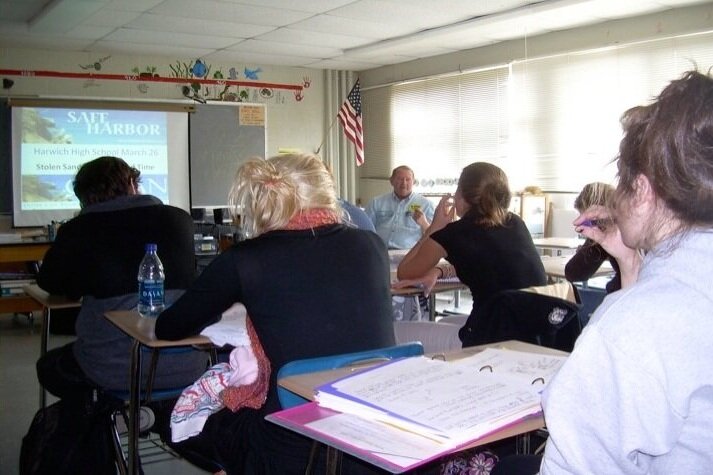
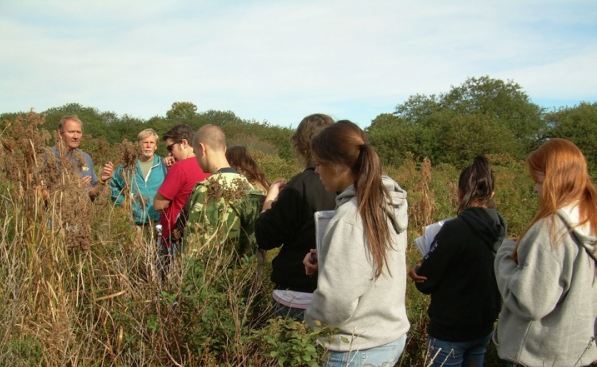
+ Learn More
High school programs are very important to Safe Harbor. We we hope to inspire young people to protect their local communities and ecosystems. We share a wide spectrum of projects during our high school presentations. These topics can include: coastal restoration on erosion sites, green building techniques from our construction management work, and native habitat restoration on steep slopes. Programs can be held in the classroom or in the field.
Municipal Education Programs
+ Learn More
The goal of Safe Harbor's Municipal Education Programs is to share critical response and restoration strategies with towns and community groups. We use previous, successful projects from Safe Harbor and beyond, as models to demonstrate changes that are possible in communities and ecosystems. We also offer four-session classes in Coastal Ecology. Municipal Education projects often incorporate volunteers.
Webinars
+ Learn More
Safe Harbor director Gordon Peabody has presented his ideas to the public through a coastal restoration webinar organized by NOAA. The presentation can be found here.
Conferences
+ Learn More
Safe Harbor often coordinates large-scale, educational events, where we invite colleagues and collaborators to co-present. This provides a platform for various environmental specialists to share their unique ideas. Safe Harbor also presents on our innovative coastal restoration strategies, green building techniques, and local and global advocacy projects at conferences.
Outreach
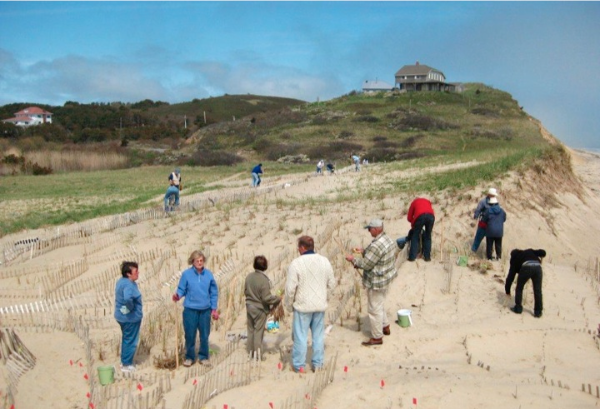
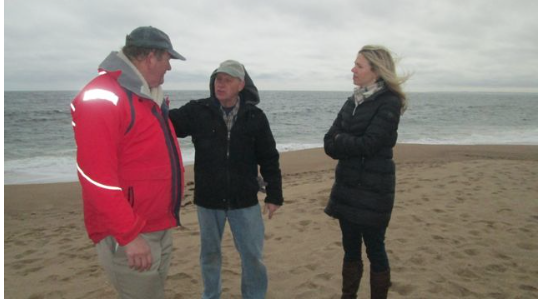
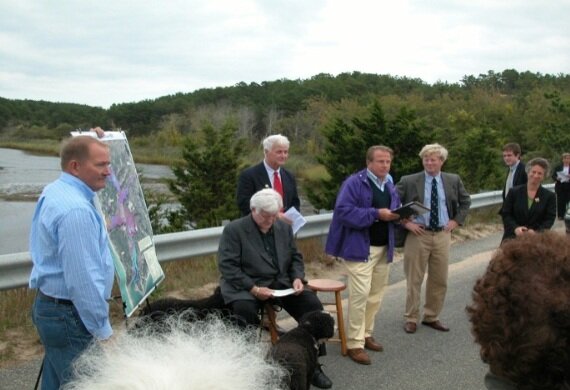
+ Learn More
Safe Harbor provides educational seminars to municipal and independent volunteer groups including Conservation Commissions and independent residents. These presentations may be held in a traditional classroom format, or may be held in the field. These projects aim to share specifically targeted innovative techniques on restoration and ecosystem protection for the community being served.
Educational Resources
Safe Harbor’s archive of educational materials is free and available for public use. Explore the environmental education topics below.
Feature: Biomimicry
Biomimicry is an innovative, coastal restoration system that mimics the profile and random matrix of native vegetation. Biomimicry also mimics the performance of native vegetation by collecting and stabilizing sand from storm winds. Safe Harbor Environmental developed this system, which can restore over 20 vertical feet of new sand on a dune in a year. “Biomimicry” mimics the performance of native coastal vegetation, stabilizing and collecting wind-blown sand. Biomimicry uses 14 inch long, narrow cedar shims which are randomly inserted into the sand. This matrix stabilizes the existing dune while collecting new sand from ocean storms. Eventually, beach grass can be planted side by side with biomimicry.
Explore more topics:
…On Cape Cod
…Construction Management
…Climate Change Issues
Looking for more?
Check out our Green Building Guidelines page, featuring information on building, planting, restoration, field guides & more.
Explore our FREE bi-monthly e-newsletter, OCEAN, which shares research and information on environmental issues and support collaborative partnerships to protect natural resources.
Safe Harbor Environmental Educational Publications are self-funded. Contributions supporting environmental education may be sent to:
Safe Harbor, Post Office Box 275, Provincetown, MA 02657.
Thank you.
